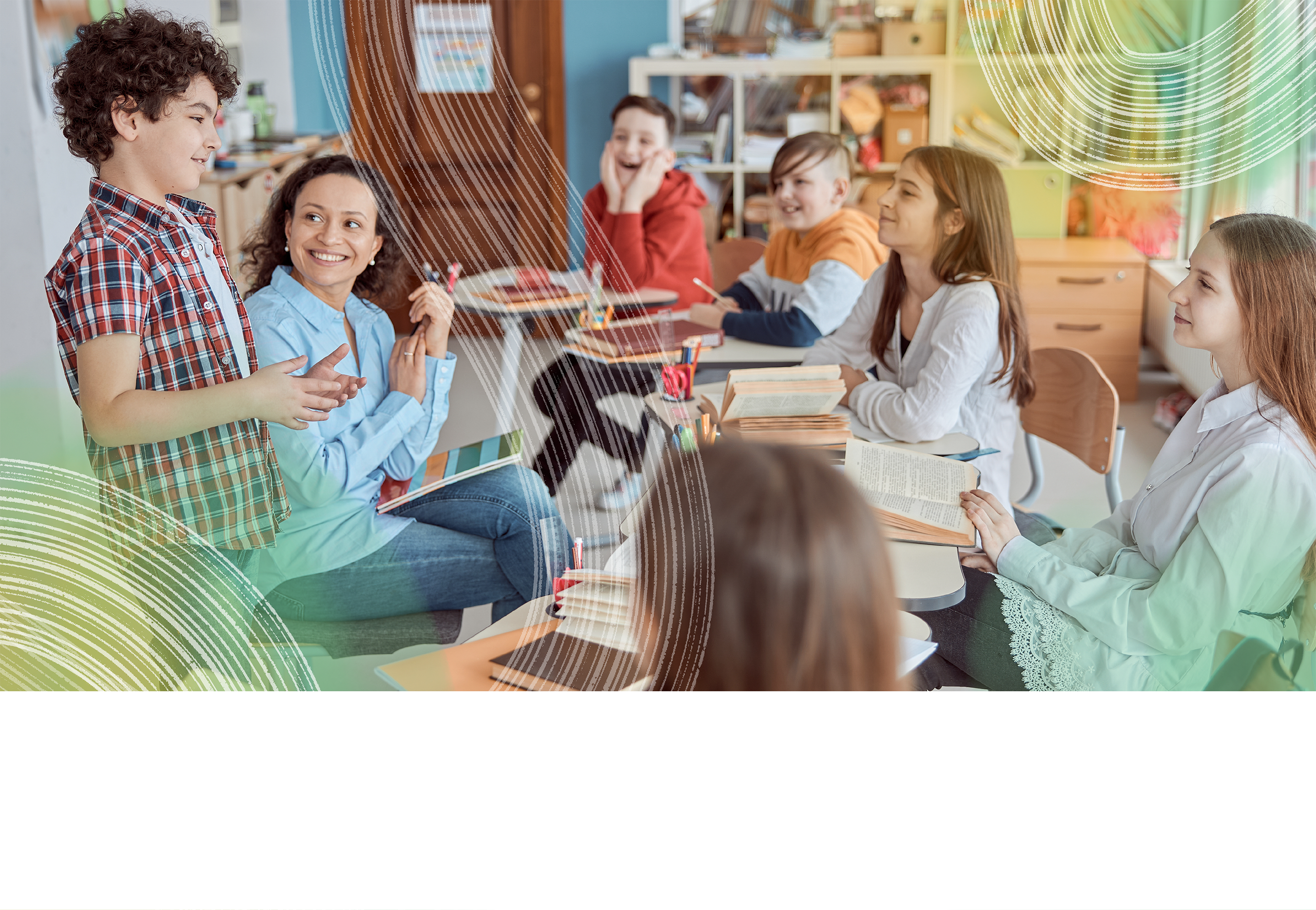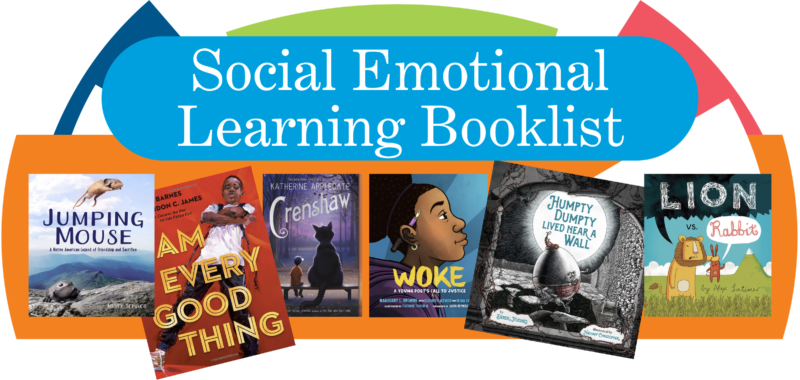.png)

Creating Kindness in the World, One Story at a Time + SEL Booklist
As an educator who works with young people, you probably think often about how to reduce disruptive conflicts, teach appropriate behaviors and support kids in being kind to one another.
The solution may be easier than you think.
And is most likely something you are already doing. Reading fiction books has shown to cause a small positive impact on social cognition. That’s what the latest study – from University of Rochester psychologists partnered with Harvard Medical School – found when reviewing and analyzing research on whether fiction reading creates more empathetic people.
What does that mean for you?
By providing and sharing fiction books in schools, programs and homes, you are helping to create young people who navigate the world with more empathy, greater understanding of different perspectives and increased opportunities to succeed at school and eventually in the workplace.
Numerous studies demonstrate that readers of fiction have a stronger ability to perceive, interpret and respond to social situations in positive ways and have shown that frequent readers of fiction score higher when tested on empathy and the ability to think about other’s minds when compared to nonreaders.
Why does this occur?
Readers of fiction authentically seek to understand the social, mental and emotional experiences of characters; in this way, readers are receiving extra practice and reinforcement when engaging with others in the real world.
How significant is this impact?
When these studies are combined, what do they reveal? That’s exactly what the University of Rochester scholars hoped to clarify. Using the existing studies, the research team analyzed fiction’s effect on empathy, emotion sharing and behaviors leading to social acceptance and friendship.
What they found was a small, statistically significant improvement in social performance of fiction readers compared to nonfiction reading or not reading at all. That means readers of fiction reliably outperformed readers of nonfiction and nonreaders in measures of empathy, sensitivity and perspective-taking.
Buy the books. Buy all the books!
Does this mean that just by reading and sharing fiction, people become kinder? This study suggests yes. So, if you’re wondering if you should buy a child that book they want, if they should stay awake for one more chapter or if there’s time to read one more, this study suggests that the answer is a resounding YES!
Which SEL books are your favorites to share with your students? Tell us in the comments below.


AAAlligator! by Judith Henderson
The Boy Who Cried Ninja by Alex Latimer
Crow & Snow by Robert Broder
I Am Every Good Thing by Derrick D. Barnes
The Last Hazelnut by Susanna Isern
Lion vs. Rabbit by Alex Latimer
The Lonely Mailman by Susanna Isern
My Footprints by Bao Phi
Nothing in Common by Kate Hoefler
Perfectly Norman by Tom Percival (Series: Big Bright Feelings)
Spork by Kyo MacLear

The Day War Came by Nicola Davies
The Hero Next Door by Olugbemisola Rhuday-Perkovich, Ed. (Series: We Need Diverse Books Anthologies)
The Miraculous Journey of Edward Tulane by Kate DiCamillo
More to the Story by Hena Khan
The Secret of Shadow Lake by Joe McGee (Series: Creature Campers)
The Truth as Told by Mason Buttle by Leslie Connor
Unstoppable: True Stories of Amazing Bionic Animals by Nancy Furstinger
Wishtree by Katherine Applegate
Woke: A Young Poet’s Call to Justice by Mahogany L. Browne, Elizabeth Acevedo and Olivia Gatwood

Beyond Words: What Elephants and Whales Think and Feel (Young Readers Edition) by Carl Safina
Crenshaw by Katherine Applegate
Everything Comes Next by Naomi Shihab Nye
Harbor Me by Jacqueline Woodson
House Arrest by K. A. Holt
Look Both Ways: A Tale Told in Ten Blocks by Jason Reynolds
Sunnyside Plaza by Scott Simon
